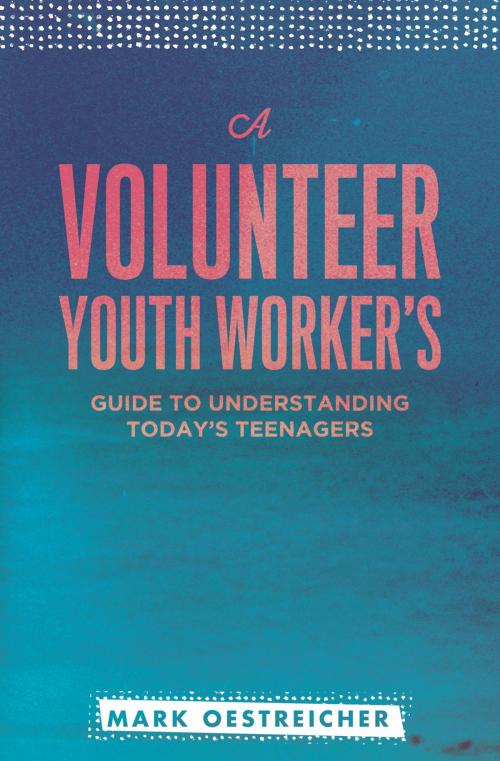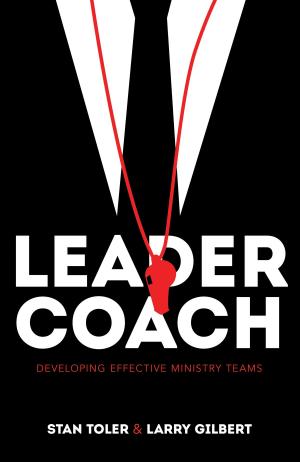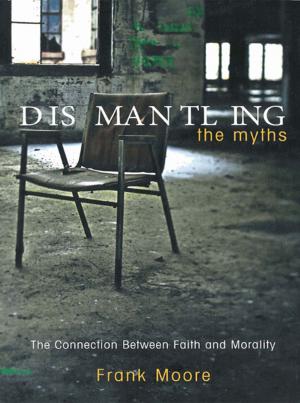A Volunteer Youth Worker's Guide to Understanding Today's Teenagers
Nonfiction, Religion & Spirituality, Christianity, Youth Ministries| Author: | Oestriecher, Mark | ISBN: | 9780834151345 |
| Publisher: | Nazarene Publishing House | Publication: | October 1, 2013 |
| Imprint: | Barefoot Ministries | Language: | English |
| Author: | Oestriecher, Mark |
| ISBN: | 9780834151345 |
| Publisher: | Nazarene Publishing House |
| Publication: | October 1, 2013 |
| Imprint: | Barefoot Ministries |
| Language: | English |
Many parents have taken a defeatist approach toward understanding their teens, and not without good reason; it does often seem hopeless. But thats where you, the volunteer youth worker, come in. Mark Oestreicher shows that Understanding Todays Teenagers is both possible and rewarding, if one has the right tools. Marko explores the dimensions of nature vs. nurture, brain activity, culture, biology, and emotional development, all of which lead teenagers to do the wacky things they do that adults dont understand and often cant remember having done themselves. Marko also reminds us that adolescent development doesnt end at the age of 18 just because United States law says it does.
Many parents have taken a defeatist approach toward understanding their teens, and not without good reason; it does often seem hopeless. But thats where you, the volunteer youth worker, come in. Mark Oestreicher shows that Understanding Todays Teenagers is both possible and rewarding, if one has the right tools. Marko explores the dimensions of nature vs. nurture, brain activity, culture, biology, and emotional development, all of which lead teenagers to do the wacky things they do that adults dont understand and often cant remember having done themselves. Marko also reminds us that adolescent development doesnt end at the age of 18 just because United States law says it does.















